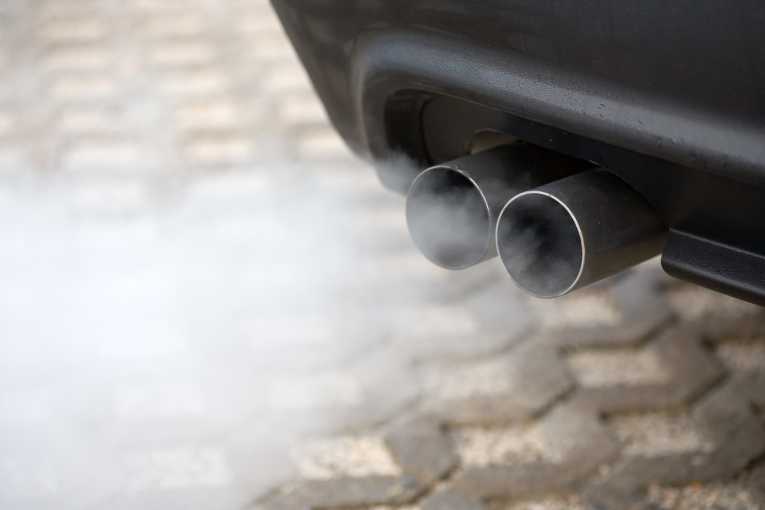China's Environment Minister believes the country's faces the greatest conflict between humanity and nature in its thousands of years of civilisation as it is forced to confront its reliance on pollution.
The growth of the world's second biggest economy will be impeded, Zhou Shengxian writes in an essay published on the Ministry of Environmental Protection website, if it does not embrace energy efficient and pollution reducing techniques and technologies.
''The depletion, deterioration and exhaustion of resources and the worsening ecological environment have become bottlenecks and grave impediments to the nation's economic and social development,'' he wrote.
''We will pay a painful price and even cause irrecoverable losses if... we are numb and apathetic when facing the acute conflict between humankind and nature,''
China's rapid growth of the last half century has had a high cost for the country's skies and waterways. China is the world's biggest Co2 emitter, it was confirmed in November. The country has a heavy reliance on coal (an increase on consumption to the equivalent of 3.25nillion tonnes of coal since 2009) and two years ago overtook America becoming the biggest consumers of cars and vans.
For the last decade, China's argument has been that to catch up with the West, they must do so by the same methods and as a developing nation they should not have the same energy restrictions. Pollution controls have been implemented - the last being by Zhou Shingxian a week ago - but most have gone unheeded with the country's energy consumption rising by 5.9% last year from 2009.
The West will be hoping this latest missive from China's Environment Minister's will herald a sea-change, however. He is calling for a prioritisation in air and water pollution, a renewed effort to tackle greenhouse emissions and an instigation of wider controls and risk assessments for new projects, like factories, and the impact they will have on the environment. The minister made a speech last week attacking Heavy Metal Pollution in China's waterways.
The fear on pollution hampering the country's growth may already be being realised. Premier Wen Jiabao has lowered annual economic growth by 0.5% to 7% partly because of environmental concerns.
The essay comes on the day the WWF, World Wildlife Fund published its research into the impact iof a clean and green economy and the likelihood of it being able to deliver a more secure, prosperous and less tumultuous future for humanity.










